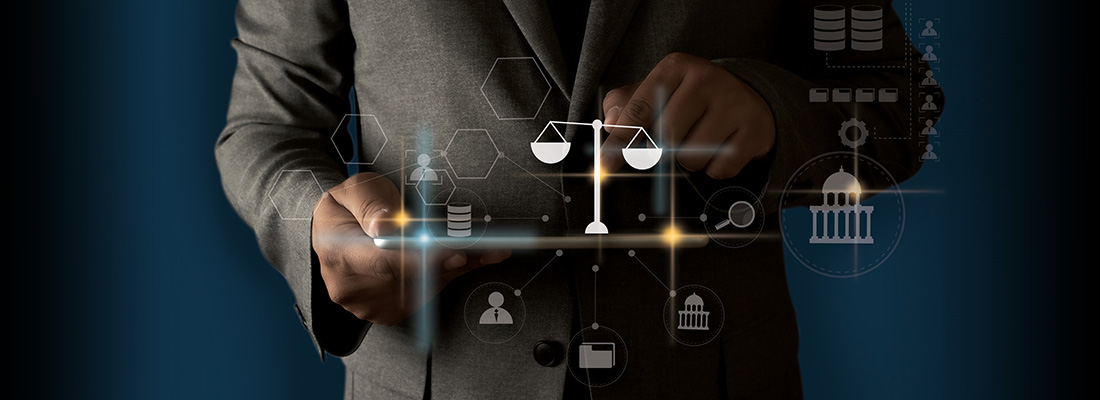

| HOME | NEXT |
Expert witnesses ‘add to costs’
By Resolve Editor Kate Tilley
Expert witnesses add to the cost of litigation and are not used correctly in the judicial system, says retired New Zealand judge Rhys Harrison KC.
He told the NZILA conference: “The growth of the expert witness is an indictment on the legal profession, which collectively doesn’t understand or doesn’t want to understand the essential elements of the law of negligence.
“The emergence of this beast has changed the face of litigation incrementally over the last 20 years, and it's added very substantially to the cost of litigation.”
Mr Harrison, who retired as a judge of the NZ Court of Appeal in February 2018 and has now returned to professional practice, said the additional costs were in three areas.
“One is in direct costs, just the cost of employing armies of experts on a range of subjects. There’s a second indirect cost, the resources that people have to expend, through lawyers, in challenging evidence, and very often those costs are totally wasted.
“And the third big cost is to the system, because [the use of expert witnesses] has extended the time of estimates of hearing for trials quite substantially.”
Justice delayed
Mr Harrison said that had delaying effects on the ability to get a trial. “If you tell a judge [a case is] going to take four weeks when, in fact, it should take a week, you’re not going to get a trial in a hurry.”
He said the traps with expert witnesses included lawyers engaging experts to give evidence “that proceeds on assumptions or hypotheses, but not on the facts of the case”, which meant much of the evidence was useless to a court.
Another, which “I regret to say there’s a lot of in the experts’ briefs I’ve seen and I still see” is comment on legal rather than factual matters. Too many expert witness reports “are tendentious, argumentative and partisan”. They were essentially a restatement or an extension of the lawyers’ view on the case.
Mr Harrison said it was wrong for expert evidence to “start from a partisan premise”.
Expert evidence, historically, has been admissible for a limited function, which was to assist a judge or a jury to understand the facts in an area in which they were not technically proficient.
“In the old days, for example, in the criminal area, where someone raised the defence of insanity, it was quite permissible to call a psychiatrist to give evidence about the state of mind of the accused person.”
The psychiatrist would have been knowledgeable, well trained and an expert in that area. And the function of their experience was to assist the court and be entirely independent, not to advance the case for the person who engaged the expert.
Independence under siege
“Now, this key core concept of independence is under siege and not understood.”
Mr Harrison said many professionals, particularly accountants, advertised their services openly. Their subliminal message was ‘engage me and I will help you win the case’.
“Unfortunately, the core element [of expert witnesses’ independence] has been lost over time.”
The original goal was to have experts who could assist with the facts and the court would then decide on the facts. Lawyers should first ask whether an expert witnesses’ evidence is relevant and then whether it will be “substantially helpful”.
“We now have evidence from people who don’t confine themselves to opinions on the facts. I have heard experts talk about theories or hypotheses that were not based on the facts actually found at the trial. We have tried to deal with it via hot tubbing, but it hasn’t helped.”
Seek directions
Mr Harrison suggested “dramatic steps” were needed. “After pleadings close, ask a judge for specific directions on what expert evidence is admissible.” Lawyers could ask the NZ High Court for a practice note to explain what was admissible. “If that doesn’t work, appoint a mediator to help you do it. That can be cost effective and help you limit what evidence will go to trial.”
Mr Harrison said it was only “a matter of time” before alternative dispute resolution procedures were forced on the legal profession by the courts. “Mediation can actually help you just find a pathway to resolution. You don’t have to settle the case” that way.
He criticised lawyers for failing to engage personally, instead preferring electronic communications. “You must meet and talk with the other side and work things out, it’s a useful tool,” he told NZILA delegates.
Resolve is the official publication of the Australian Insurance Law Association and
the New Zealand Insurance Law Association.

